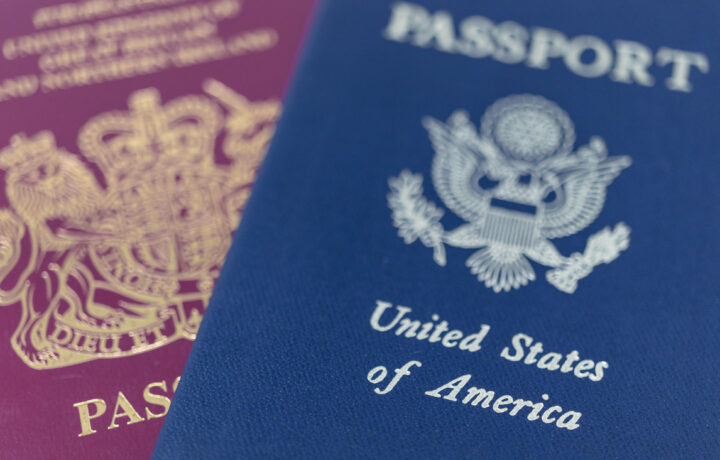As demand for cleared professionals continues to grow, those in transition between national security roles may be tempted to take a well-earned break—including trips abroad. But experts caution that international travel while between cleared carries security and career risks.
As the cleared talent market remains robust, more professionals find themselves navigating gaps between assignments, contracts, or roles due to re-competes, organizational changes, or personal career shifts. Many consider using the interim for a vacation. But traveling internationally during this period—especially without proper coordination—can unintentionally jeopardize future opportunities or spark security concerns.
One ClearanceJobsBlog subscriber asks:
I just got laid off, and was debriefed from a TS/SCI project a few weeks ago. I am planning to travel internationally before I seek for another TS/SCI job. Do I have to report and get briefed for the international travel? To whom do I have to be briefed for the international travel since I am currently not employed? By the way, will this international travel negatively impact my clearance crossover for the future? Thanks!
Risks of International Travel Between Cleared Positions
Many security professionals on this thread warn to check the State Department Travel Advisories. There are some “Do Not Travel” countries to be aware of.
The Department of Defense (DoD) and other agencies with classified contracts require cleared individuals to report foreign travel, including details such as itinerary, travel companions, and purpose of visit. A clearance remains ‘current’ during employment gaps but not active. Upon returning to the cleared workforce, a cleared professional will need to report the international travel dates and places to your new security officer. If you hold an current clearance—even if you’re not currently employed—you remain in the scope of security scrutiny and shouldn’t do anything to jeopardize your future clearance, if you have any thoughts of picking up cleared work again.
In other words, don’t do anything illegal while on this travel, even though you’re in between jobs.
Employment Status Doesn’t Always End Security Obligations
The nuances of clearance eligibility mean that being “in between jobs” doesn’t equal being “out of the system.”
This gray area can be particularly risky. Without an FSO available to provide guidance, individuals may unwittingly violate rules. If foreign contacts are made, phones compromised, or illegal activity spikes from abroad, it may trigger concerns when a new employer.
Advice for Cleared Professionals Planning Travel
Security experts advise the following steps for anyone holding—or hoping to maintain—a clearance during job transitions:
-
Avoid High-Risk Countries: Travel to countries flagged by the U.S. intelligence community (e.g., Russia, China, Iran) can lead to extra scrutiny or even a denial of future opportunities.
-
Keep a Travel Log: Document your itinerary, contacts, and purpose in detail. This can help if questioned later.
-
Be Careful on Social Media: As always, OPSEC. Avoid posting location tags or travel photos that might raise questions later.
Cleared professionals work in high-stress environments, and a break can be healthy, but it has to be planned right.
In a competitive cleared job market, reputation and reliability are everything. A week abroad could cost more than the price of airfare if it results in questions about trustworthiness or loyalty.
This question was posed from a subscriber at ClearanceJobsBlog.com, where you can read and discuss government security clearance process, how to get a security clearance job, and background investigations issues.
Much about the clearance process resembles the Pirate’s Code: “more what you’d call guidelines than actual rules.” This case-by-case system is meant to consider the whole person, increase process security, and allow the lowest-risk/highest-need candidates to complete the process. This article is intended as general information only and should not be construed as legal advice. Consult an attorney regarding your specific situation.




